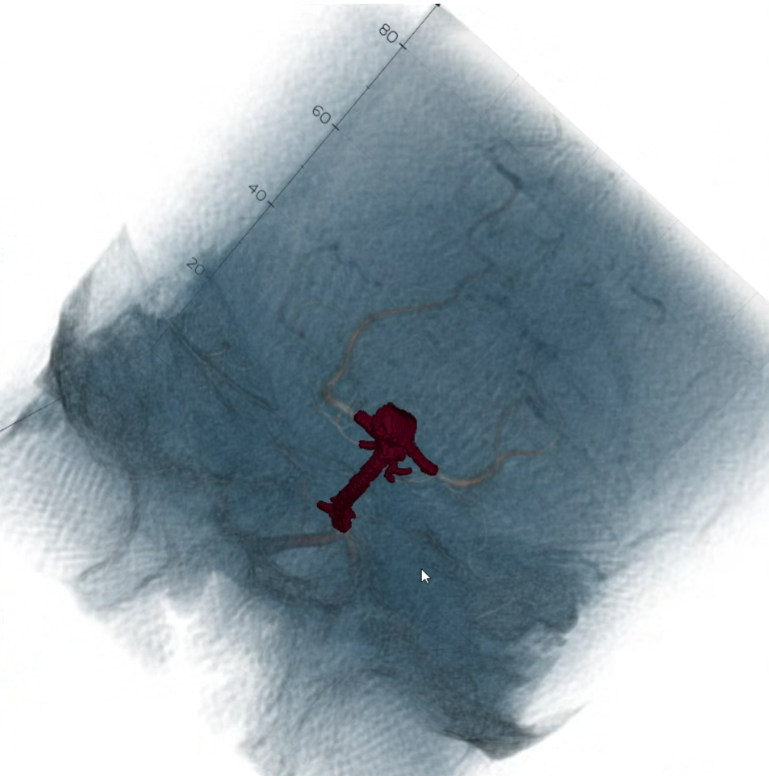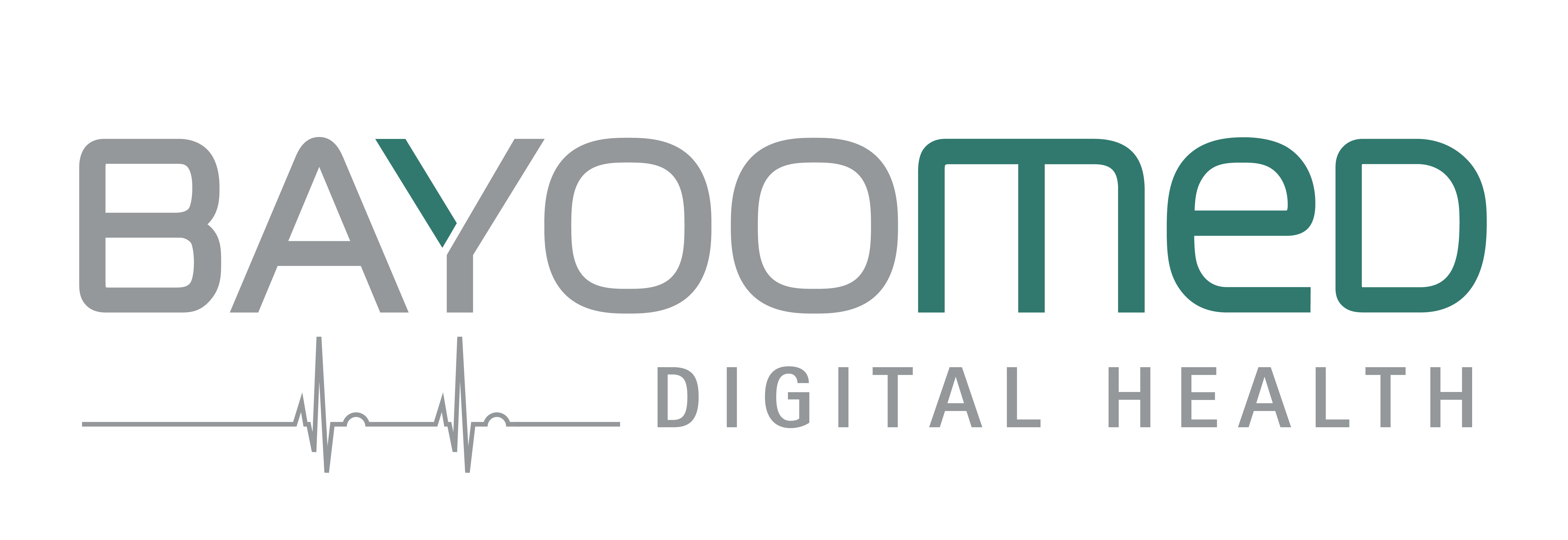Artificial intelligence for medical devices
Artificial intelligence is used primarily in the fields of neurology, cardiology, oncology and ophthalmology. But examples of successful integration of AI in medicine can be found in various fields.
BAYOOMED has already successfully launched an AI-based app on the market with the MyIUS app. MyIUS helps users of an intrauterine device (IUS), among other things, to predict the bleeding profile. What you should know about the approval of AI-based medical software from a regulatory perspective? Here you will find an overview.
Successful applications
We go beyond the pure application of artificial intelligence, because we understand the medical needs of patients and combine this knowledge with the possibilities of modern technology.
We develop intuitive user interfaces and interactive tools that enable doctors to seamlessly integrate AI-generated insights into their clinical practice. Furthermore, we place great emphasis on continuous research and development to constantly improve our AI algorithms and ensure that they are in line with the latest medical findings.
Use of AI for the development of customized implants


